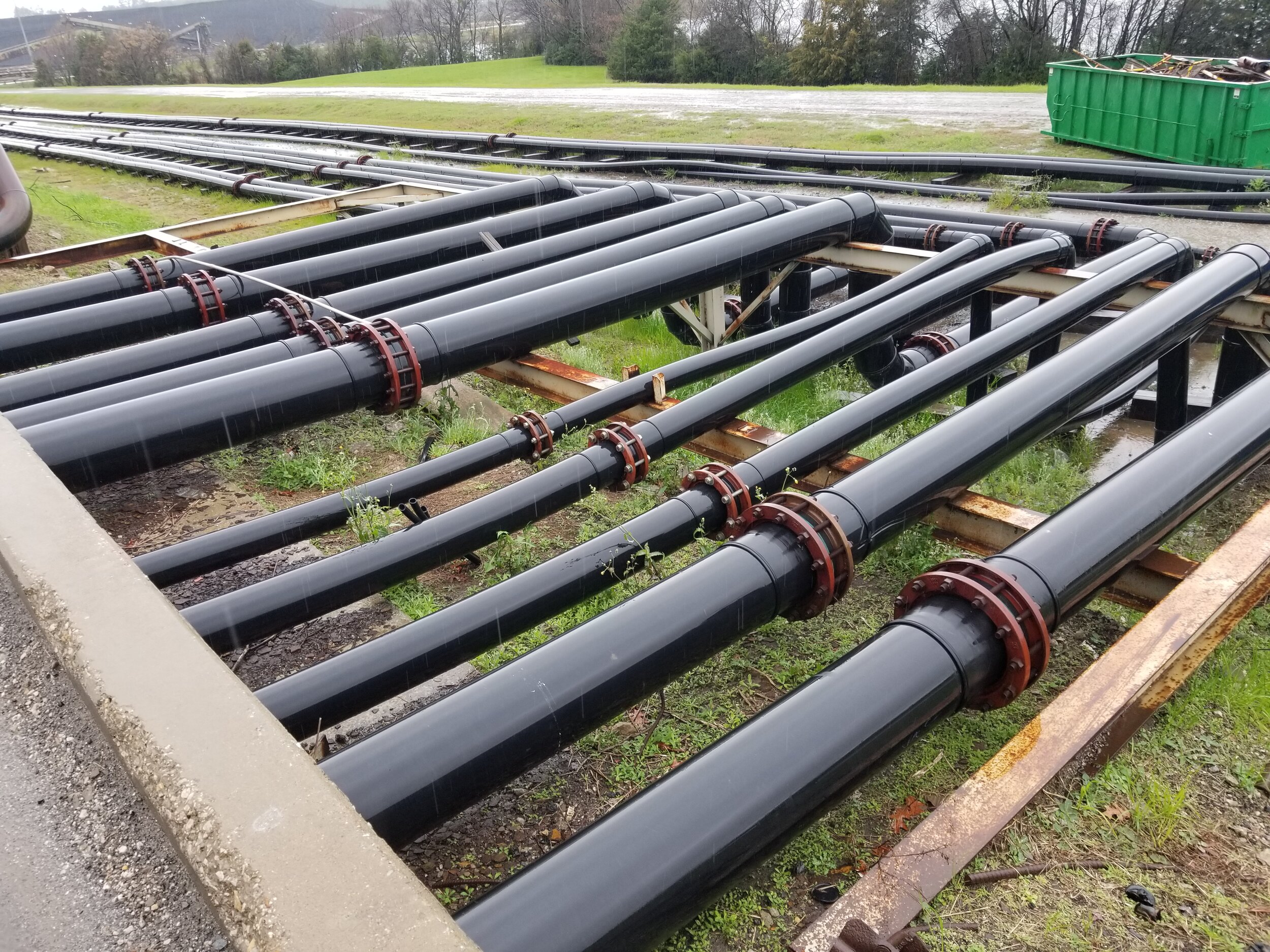Understanding the Key Advantages of HDPE Pipe for Water and Wastewater Administration
Using HDPE pipeline in water and wastewater administration provides countless advantages that warrant factor to consider. Its phenomenal longevity and lengthy life expectancy make it a recommended choice for many tasks. Furthermore, the product's resistance to rust and chemical damage boosts its integrity in different environments. Nonetheless, the advantages prolong beyond simply long life and resistance. Exploring its cost-effectiveness and environmental influence reveals a lot more engaging factors for its extensive fostering in modern-day framework
Exceptional Durability and Long Life

HDPE pipe stands apart for its phenomenal sturdiness and durability, making it a favored choice in water management systems. Created from high-density polyethylene, these pipes can stand up to considerable pressure and anxiety, guaranteeing reputable performance gradually. Their robust nature enables them to withstand severe environmental problems, including temperature changes and soil movements, which can trigger other materials to fall short.
The lifespan of HDPE pipelines often surpasses 50 years, offering an economical remedy for districts and markets alike. Furthermore, the product's light-weight residential or commercial properties streamline installation, reducing labor costs and durations. This toughness decreases the demand for regular repairs or substitutes, even more improving its financial allure.
In water monitoring applications, the integrity of HDPE pipelines suggests less interruptions and improved solution connection, making them integral to sustainable infrastructure growth. The combination of sturdiness and durability solidifies HDPE's duty as a cornerstone in reliable water administration services.

Resistance to Rust and Chemical Damages
While lots of materials yield to rust and chemical damage gradually, HDPE pipelines display amazing resistance, making them suitable for numerous water administration applications. This resilience comes from the molecular structure of high-density polyethylene, which is naturally non-reactive and does not corrode like steels or deteriorate from exposure to rough chemicals. As an outcome, HDPE is highly effective in environments with hostile substances, such as wastewater systems that may consist of acids, bases, and natural solvents.
In addition, HDPE pipelines can hold up against ecological elements such as soil level of acidity and saline problems, even more improving their suitability for varied applications (Pipe Supplier American Plastics Midland). Their capacity to preserve structural integrity in time decreases the risk of leakages and failures, which is critical in guaranteeing the safety and security and dependability of water distribution and wastewater management systems. The resistance to rust and chemical damage markedly contributes to the total performance and longevity of HDPE piping services.
Cost-Effectiveness and Economic Advantages
When thinking about the financial effects of water administration systems, the cost-effectiveness of HDPE pipelines ends up being evident. These pipes provide reduced installation and upkeep expenses contrasted to traditional products like steel or concrete. Their lightweight nature simplifies transportation and installation, leading to decreased labor expenses. Additionally, HDPE pipes show a long lifespan, often going beyond half a century, which converts to fewer replacements and long-term cost savings.
The resistance of HDPE to deterioration and chemical damage lessens the requirement for costly fixings and replacements. The pipelines website also support reliable water flow, reducing power costs connected with pumping systems. By reducing leaks and water loss, HDPE pipes add to significant financial benefits for districts and sectors alike. In general, the preliminary financial investment in HDPE piping can produce significant monetary returns over the life expectancy of the water administration system, making it a prudent choice for lasting facilities advancement.
Environmental Sustainability and Lowered Effect

Convenience and Flexibility in Installation
Due to the fact that of their special properties, HDPE pipes use exceptional flexibility and adaptability in setup, making them ideal for a vast array of applications. Their lightweight nature enables for less complicated handling and transportation, lowering labor expenses and installation time. HDPE pipelines can be bent and shaped to fit numerous surfaces and project needs, which is especially beneficial in challenging settings.
Additionally, their resistance to corrosion and chemical damages permits setup in varied setups without the requirement for specialized protective layers. The capability to fuse joints develops a constant, leak-free system, enhancing the overall honesty and reliability of the installation. HDPE's adaptability likewise suits ground activity, minimizing the threat of damage in locations prone to moving soil. Generally, these features make HDPE pipelines not just flexible yet also a favored selection for water and wastewater monitoring systems.
Often Asked Concerns
How Does HDPE Pipe Compare to PVC in Water Administration Applications?
HDPE pipe offers remarkable versatility, resistance to rust, and toughness compared to PVC. Its lighter weight helps with much easier installation, while its lengthy life-span decreases replacement expenses, making HDPE a recommended selection in water management applications.
What Is the Life Expectancy of HDPE Pipes Under Normal Conditions?
Under regular conditions, HDPE pipelines can have a lifespan varying from 50 to 100 years. Their toughness and resistance to corrosion contribute to their long-term performance in numerous applications, making them a reputable choice for facilities.
Are HDPE Water Lines Recyclable After Their Solution Life?
Yes, HDPE pipelines are recyclable after their service life. custom hdpe pipe manufacturing Midland TX. They can be refined and repurposed into brand-new products, significantly reducing environmental impact and promoting sustainability within the market, making them an environmentally friendly option for piping services
What Is the Installment Refine for HDPE Piping?
The setup process for HDPE pipes involves site preparation, trenching, pipeline fusion or mechanical joining, backfilling, and pressure testing. Proper strategies ensure a resilient and efficient system for transporting water and wastewater effectively.
Can HDPE Pipeline Be Made Use Of for Both Potable and Non-Potable Water Solutions?
Yes, HDPE pipes can be utilized for both safe and clean and non-potable water systems. Their adaptability, toughness, and resistance to deterioration make them appropriate for numerous applications, making certain secure and efficient transportation of water in various contexts.